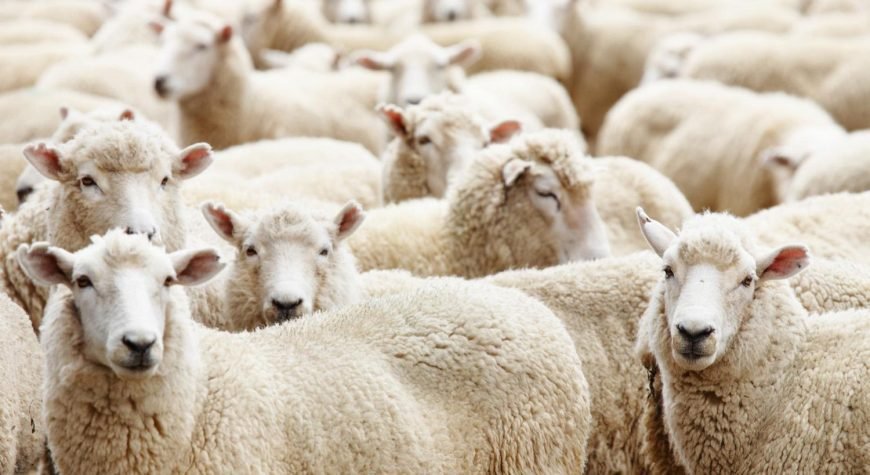Slaughtering a Castrated Animal for Qurbaani: Understanding the Guidelines and Rulings

Introduction
Qurbaani, also known as Udhiyah, is an important religious practice for Muslims worldwide. It involves the sacrifice of an animal as an act of obedience and gratitude towards Allah during the Islamic month of Dhul Hijjah. While the general guidelines for Qurbaani are well-known, there is often confusion regarding the permissibility of slaughtering castrated animals for this purpose. In this article, we will explore the topic of slaughtering castrated animals for Qurbaani, examining the relevant Islamic teachings, rulings, and scholarly opinions.
Understanding Qurbaani
Qurbaani holds great significance in Islam and serves as a commemoration of the sacrifice made by Prophet Ibrahim (Abraham) and his son Prophet Isma’il (Ishmael). It is a demonstration of one’s devotion to Allah and a means of seeking His pleasure and forgiveness.
The Guidelines of Qurbaani
Islamic teachings provide specific guidelines regarding the eligibility of animals for Qurbaani. The animal must be of a certain age, in good health, and meet other criteria to ensure the validity of the sacrifice. However, the issue of castrated animals raises questions for many individuals.
Understanding Castration and Its Implications
Castration, the removal of the reproductive organs of an animal, is a practice carried out for various reasons, such as managing behavior or improving meat quality. It is important to understand the implications of castration in relation to the permissibility of slaughtering such animals for Qurbaani.
Scholarly Opinions and Rulings
Islamic scholars have differed in their opinions regarding the permissibility of slaughtering castrated animals for Qurbaani. We will explore various scholarly perspectives, examining the reasoning behind their positions and the evidence they present from the Quran, Sunnah (teachings of the Prophet Muhammad), and the consensus of Islamic jurists.
Factors to Consider
When evaluating the permissibility of slaughtering a castrated animal for Qurbaani, it is essential to consider various factors, including the purpose of castration, the animal’s overall health and well-being, and the intentions and beliefs of the individual performing the sacrifice.
Islamic Principles and Compassion towards Animals
Islam emphasizes the importance of compassion and kindness towards animals. We will discuss how these principles can guide Muslims in their decisions regarding Qurbaani and the treatment of animals, regardless of their castration status.
Alternative Options and Personal Choices
In situations where the permissibility of slaughtering a castrated animal is in question, individuals may consider alternative options for their Qurbaani. We will explore alternative choices available within Islamic teachings, allowing individuals to make informed decisions based on their circumstances.
Slaughtering a castrated animal for Qurbaani requires a nuanced understanding of Islamic teachings, scholarly opinions, and individual circumstances. While there are varying viewpoints on this matter, it is crucial for Muslims to seek knowledge, consult reputable scholars, and prioritize compassion and ethical treatment of animals. Ultimately, the intention behind Qurbaani should be to please Allah and adhere to His guidance, while also demonstrating mercy and respect for His creation.
(و يضحي بالجماء والخصي والثولاء) أي المجنونة (الدر المختار 6/323)
وكذلك الخصي جاز وعن أبي حنيفة أنه أحب إلي لأنه أطيب لحما (تحفة الفقهاء 3/86)
قال (ولا بأس بأن يضحي بالجماء وبمكسور القرن) …كذلك الخصي لما روي أن النبي صلى الله عليه وسلم ضحى بكبشين أملحين أقرنين موجوءين أو موحوين أحدهما عن نفسه والآخر عن أمته والمراد خصيان وكان إبراهيم يقول ما يزاد في لحمه بالخصاء أنفع للمساكين مما يفوت بالأنثيين إذ لا منفعة للفقراء في ذلك (المبسوط للسرخسي 12/11)
ويجزىء في الأضحية …. ولا بأس بالخصي (المحيط البرهاني 6/92)
Lorem Ipsum

